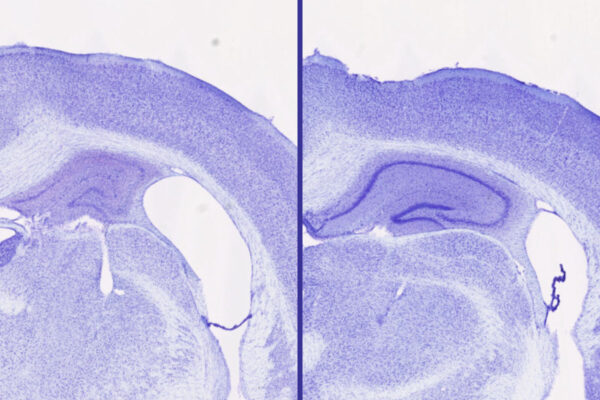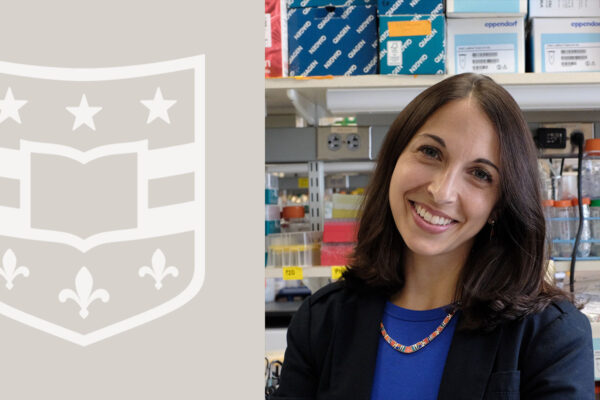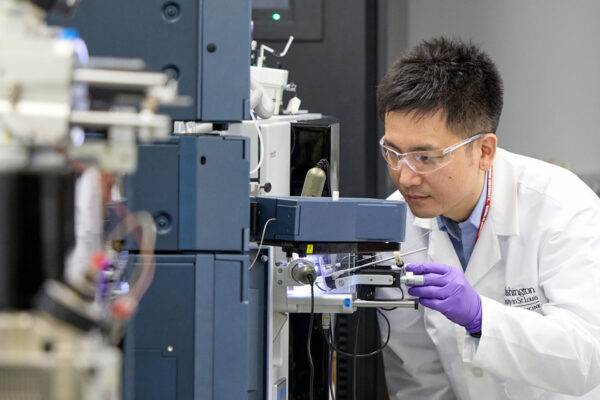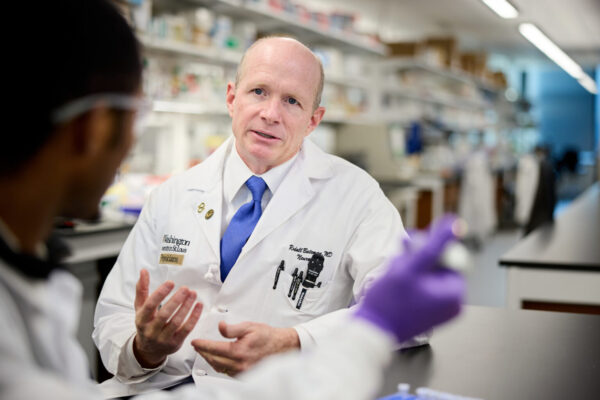Grant renewal funds research on longevity in mammals
WashU Medicine researcher Benjamin Garcia will receive $18.5 million from the National Institutes of Health (NIH) to study how long-lived mammals stay healthy into old age.
Sleep aid blocks neurodegeneration in mice
A new study by WashU Medicine researchers suggests that lemborexant and sleep aids that work the same way could help treat or prevent damage caused by harmful buildup of the protein tau in multiple neurodegenerative diseases, including Alzheimer’s.
Drug to slow Alzheimer’s well tolerated outside of clinical trial setting
In a recent study, WashU Medicine researchers found adverse events were rare and manageable among patients with very mild or mild Alzheimer’s disease who received infusions of a next-generation Alzheimer’s medication.
Most people say they want to know their risk for Alzheimer’s dementia, fewer follow through
A new study from WashU Medicine examines the choices healthy research volunteers make when given the opportunity to learn their risk of developing Alzheimer’s disease dementia.
Pollina honored for innovations in neuroscience
Elizabeth Pollina, an assistant professor of developmental biology at WashU Medicine, has received the 2025 MIND Prize from the Pershing Square Foundation.
Highly accurate blood test diagnoses Alzheimer’s disease, measures extent of dementia
A blood test for Alzheimer’s disease developed by researchers at WashU Medicine and Lund University not only aids in the diagnosis of the neurodegenerative condition but also indicates how far it has progressed.
Anti-amyloid drug shows signs of preventing Alzheimer’s dementia
A clinical trial among people destined to develop early-onset Alzheimer’s disease and led by WashU Medicine researchers shows eliminating amyloid from the brain may prevent cognitive symptoms.
A closer look at biomolecular ‘Silly Putty’
Researchers at Washington University have developed a method to peer into biomolecular condensates, which could lead to a better understanding of condensate functions and their impairment in cancers and neurodegeneration.
$4.5 million supports pathbreaking neuroimmunology research
WashU Medicine has received a three-year $4.5 million grant from the Carol and Gene Ludwig Family Foundation, with the ultimate goal of developing new treatments for Alzheimer’s disease.
Electrochemical field key to how dementia precursors ‘break bad’
Researchers at Washington University have found electrochemical rules for how toxic protein assemblies form, opening the way for better treatments of dementia.
Older Stories









